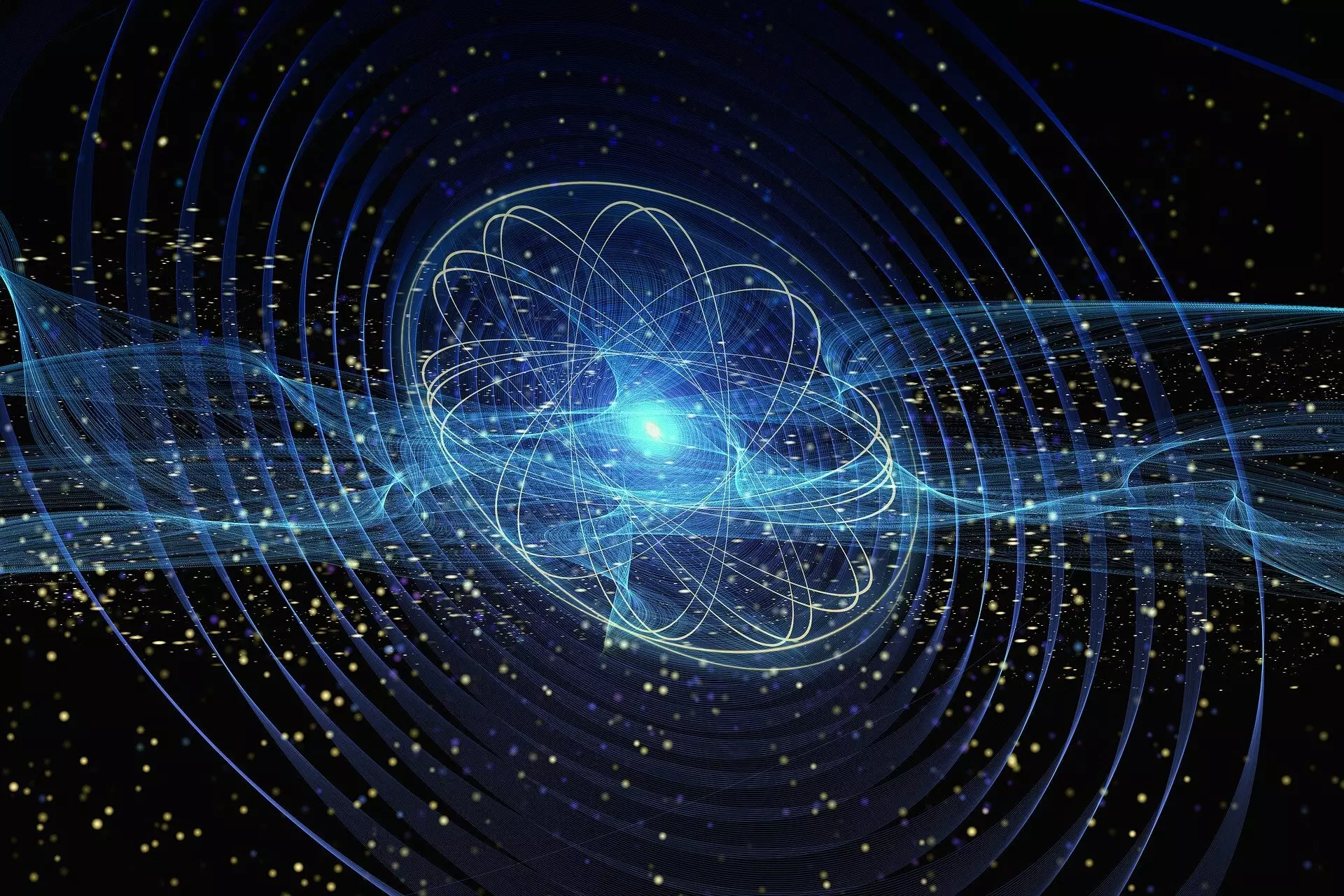

The field of quantum computing has made significant strides in recent years, with global players like Google and IBM offering cloud-based quantum computing services. However, the potential of quantum computers remains limited due to the availability of qubits, the basic units of quantum information. Qubits can represent both 0 and 1 simultaneously, thanks to quantum superposition, but they are highly susceptible to external influences, leading to information loss. To address this challenge, researchers at the University of Tokyo, in collaboration with Johannes Gutenberg University Mainz (JGU) in Germany and Palacký University Olomouc in the Czech Republic, have recently demonstrated a new method for constructing a photonic quantum computer that shows promise in overcoming these limitations.
Quantum computers require genuine entanglement, wherein several physical qubits are joined together to form a logical qubit. This ensures that even if one physical qubit fails, the others retain the information. However, the main obstacle hindering the development of functional quantum computers is the large number of physical qubits required. Currently, large corporations rely on superconducting solid-state systems, which only operate at temperatures close to absolute zero. On the other hand, photonic concepts work at room temperature and utilize single photons as physical qubits. Although photons are faster than solid-state qubits, they are also more easily lost. To mitigate qubit losses and errors, several single-photon light pulses must be coupled together to create a logical qubit, similar to the superconductor-based approach.
In a groundbreaking development, the team of researchers from the University of Tokyo and their collaborators have demonstrated a new method that eliminates the need for individual qubits and enables the construction of a logical qubit using laser-generated light pulses. Instead of relying on single photons, the team utilized a laser pulse that can consist of multiple photons. This novel approach provides an inherent capacity to correct errors, as the laser pulse is converted into a quantum optical state. Professor Peter van Loock of Mainz University explained, “Although the system consists only of a laser pulse and is thus very small, it can— in principle— eradicate errors immediately.” Essentially, a physical qubit in this system is already equivalent to a logical qubit, bypassing the need for multiple light pulses.
While the logical qubit produced in the University of Tokyo’s experiment did not meet the necessary level of error tolerance, the researchers demonstrated the potential of transforming non-universally correctable qubits into correctable qubits using innovative quantum optical methods. This breakthrough opens up new possibilities for the construction of reliable and robust quantum computers. By utilizing laser-generated light pulses, researchers can overcome the limitations of qubit loss and errors that have plagued previous approaches.
The recent research from the University of Tokyo, in collaboration with JGU and Palacký University Olomouc, presents a new approach to constructing a photonic quantum computer. By using laser-generated light pulses instead of individual photons, the researchers have demonstrated the potential to create logical qubits with inherent error correction capabilities. This advancement is a critical step toward overcoming the limitations of current quantum computing systems. While further improvements are necessary, the novel method offers promise for the future development of reliable and efficient quantum computers.
Foreign direct investment (FDI) in developing nations has long been heralded as a path to…
As spring beckons in April and May, stargazers have the unique opportunity to witness nature's…
Active matter, a term that refers to systems where individual components can consume energy to…
In a groundbreaking development, a research team led by Prof. Chen Changlun at the Hefei…
The inevitability of aging is experienced differently across individuals, influenced by a complex interplay of…
When we delve into the cataclysmic events that led to the destruction of Pompeii almost…
This website uses cookies.